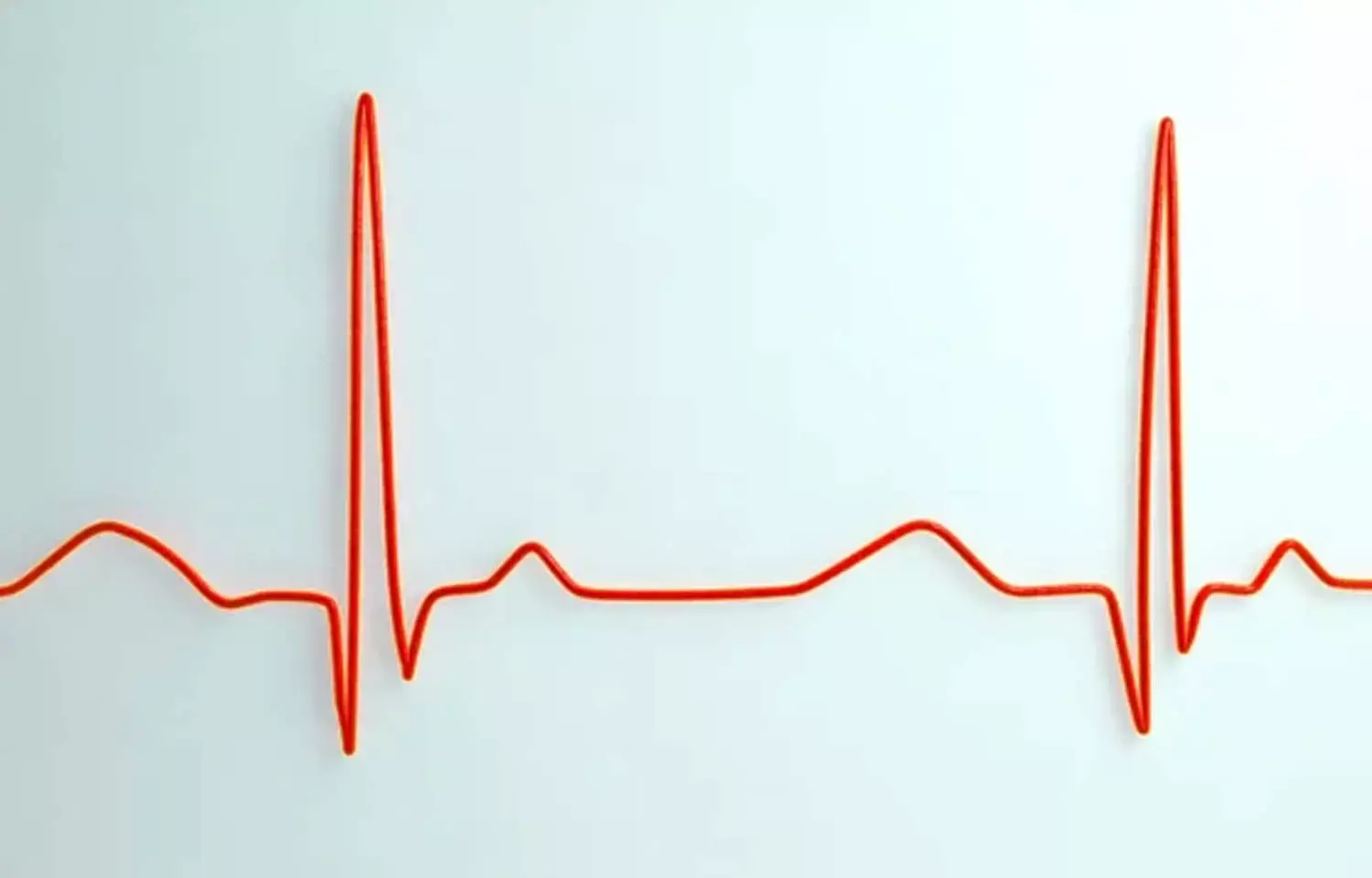- Home
- Medical news & Guidelines
- Anesthesiology
- Cardiology and CTVS
- Critical Care
- Dentistry
- Dermatology
- Diabetes and Endocrinology
- ENT
- Gastroenterology
- Medicine
- Nephrology
- Neurology
- Obstretics-Gynaecology
- Oncology
- Ophthalmology
- Orthopaedics
- Pediatrics-Neonatology
- Psychiatry
- Pulmonology
- Radiology
- Surgery
- Urology
- Laboratory Medicine
- Diet
- Nursing
- Paramedical
- Physiotherapy
- Health news
- Fact Check
- Bone Health Fact Check
- Brain Health Fact Check
- Cancer Related Fact Check
- Child Care Fact Check
- Dental and oral health fact check
- Diabetes and metabolic health fact check
- Diet and Nutrition Fact Check
- Eye and ENT Care Fact Check
- Fitness fact check
- Gut health fact check
- Heart health fact check
- Kidney health fact check
- Medical education fact check
- Men's health fact check
- Respiratory fact check
- Skin and hair care fact check
- Vaccine and Immunization fact check
- Women's health fact check
- AYUSH
- State News
- Andaman and Nicobar Islands
- Andhra Pradesh
- Arunachal Pradesh
- Assam
- Bihar
- Chandigarh
- Chattisgarh
- Dadra and Nagar Haveli
- Daman and Diu
- Delhi
- Goa
- Gujarat
- Haryana
- Himachal Pradesh
- Jammu & Kashmir
- Jharkhand
- Karnataka
- Kerala
- Ladakh
- Lakshadweep
- Madhya Pradesh
- Maharashtra
- Manipur
- Meghalaya
- Mizoram
- Nagaland
- Odisha
- Puducherry
- Punjab
- Rajasthan
- Sikkim
- Tamil Nadu
- Telangana
- Tripura
- Uttar Pradesh
- Uttrakhand
- West Bengal
- Medical Education
- Industry
Night-time heart rate variability, a predictor of CV events in diabetics: Study

Denmark: Reduced nighttime heart rate variability (HRV) is associated with an increased risk of cardiovascular (CV) events in patients with well-controlled type 2 diabetes (T2D), finds a recent study in the journal Diabetic Medicine. This implies that night-time HRV may be an addition to traditional risk factors in predicting CV events in T2D patients.
Cardiovascular events were defined as myocardial infarction, CV death, stroke or coronary revascularization.
Loe HRV is an indication for cardiac autonomic neuropathy which is associated with increased CV mortality in T2D patients. Measurement of HRV is challenged by various factors including mental stress, environmental noise, and physical activity during daytime.
Night-time HRV during sleep may be a more valid tool for the measurement of cardiac autonomic neuropathy and therefore may improve prediction of cardiovascular (CV) events in low‐risk people with T2D. To evaluate the same, Rakin Hadad, Copenhagen University Hospital of Bispebjerg, Copenhagen, Denmark, and colleagues performed Copenhagen Holter Study that included 678 community‐dwelling participants aged 55–75 years who were free of previous CV disease.
Day and night‐time HRV were available for 653 participants. The population included 133 people with well‐controlled T2Dand newly recognized T2DM (mean HbA1c 55 mmol/mol [7.2%]).
HRV is defined as standard deviation for the mean value of normal‐to‐normal complexes (SDNN). Night‐time HRV measurements were pre‐defined from 2:00 to 2:15 AM.
Key findings of the study include:
- Median follow‐up time was 14.4 years. During this period, 245 death and 149 CV events (CV death 36, myocardial infarction 42, revascularisation procedures 46, stroke 70) occurred in total.
- Among people with T2DM, 41 CV events were observed (CV death 13, myocardial infarction 13, revascularisation procedures 17, stroke 18).
- Night‐time SDNN was inversely associated with CV events in people with T2DM, (hazard ratio [HR]: 0.74) for each 10‐millisecond increment in SDNN after adjustment for the conventional risk factors sex, age, LDL cholesterol, smoking, systolic blood pressure and by also including glucose CRP and NT‐proBNP in adjustment.
- Twenty‐four‐hour HRV was not associated with CV events, but associated with all‐cause mortality in people with T2DM. Conventional risk factors had a receiver operating characteristic (ROC) value of 0.704 to predict CV events in people with T2DM.
- The prediction of CV events by conventional risk factors was improved in people with T2DM by the addition of night‐time SDNN; ROC 0.765, but ROC was not improved by addition of CRP and NT‐proBNP in the model. In people with T2DM and night‐time SDNN ≤30 ms, the 10‐year risk of CV death and CV event rate was 12% and 45%, respectively, which re‐allocated them to a 'very high‐risk' group according to current guidelines.
"Reduced night‐time HRV predicts increased risk of CV events in people with well‐controlled T2DM, thus night‐time HRV may add to traditional risk factors in predicting CV events in people with T2DM," wrote the authors.
Reference:
The study titled, "Night‐time heart rate variability identifies high‐risk people among people with uncomplicated type 2 diabetes mellitus," is published in the journal Diabetic Medicine.
DOI: https://onlinelibrary.wiley.com/doi/10.1111/dme.14559
Dr Kamal Kant Kohli-MBBS, DTCD- a chest specialist with more than 30 years of practice and a flair for writing clinical articles, Dr Kamal Kant Kohli joined Medical Dialogues as a Chief Editor of Medical News. Besides writing articles, as an editor, he proofreads and verifies all the medical content published on Medical Dialogues including those coming from journals, studies,medical conferences,guidelines etc. Email: drkohli@medicaldialogues.in. Contact no. 011-43720751


